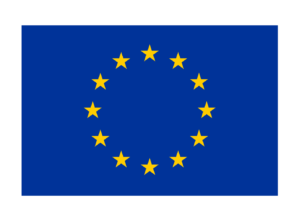Radim Kohoutek, Executive Director of the Association of Energy Service Providers (APES), presented the issue of EPC contracts without impact on the national debt, or also called Maastricht-neutral. The presentation stated that EPCprojects, commonly implemented in the private sector, but also in public institutions with independent management (contributory organisations, municipalities, etc.), cannot be implemented in organisational units of the state(OSS), because the debt incurred by the client (OSS, i.e. directly by the state) enters the state debt, which worsens the assessment of the public debt according to the so-called Maastricht criteria.
The proposed model Maastricht-neutral contract solves the problem by transferring the project risks to the energy service provider. In particular, it introduces a requirement to adjust the repayment amount according to the actual savings achieved (currently the repayment is fixed and the savings achieved are addressed through bonuses/surcharges). Furthermore, the requirement to guarantee the functionality of the installed equipment and to ensure routine maintenance and repair throughout the guarantee period (now only as part of the normal technology guarantee).
Miroslav Marada, Chairman of the Board of the Association of Energy Service Providers (APES), and Aleš Chamrád, a lawyer specializing in the business of energy efficiency projects, presented “why open the door to the Performance Design & Build construction method” at another roundtable session. In this method of construction project delivery, the contractor provides, performs and is responsible for design preparation or part of it; construction execution; life cycle cost optimization based primarily on energy efficiency; and provision of technical facility management or energy management after acceptance of the construction (building). The achievement of the target parameters is then verified during the actual operation of the building for a contractually agreed period.






